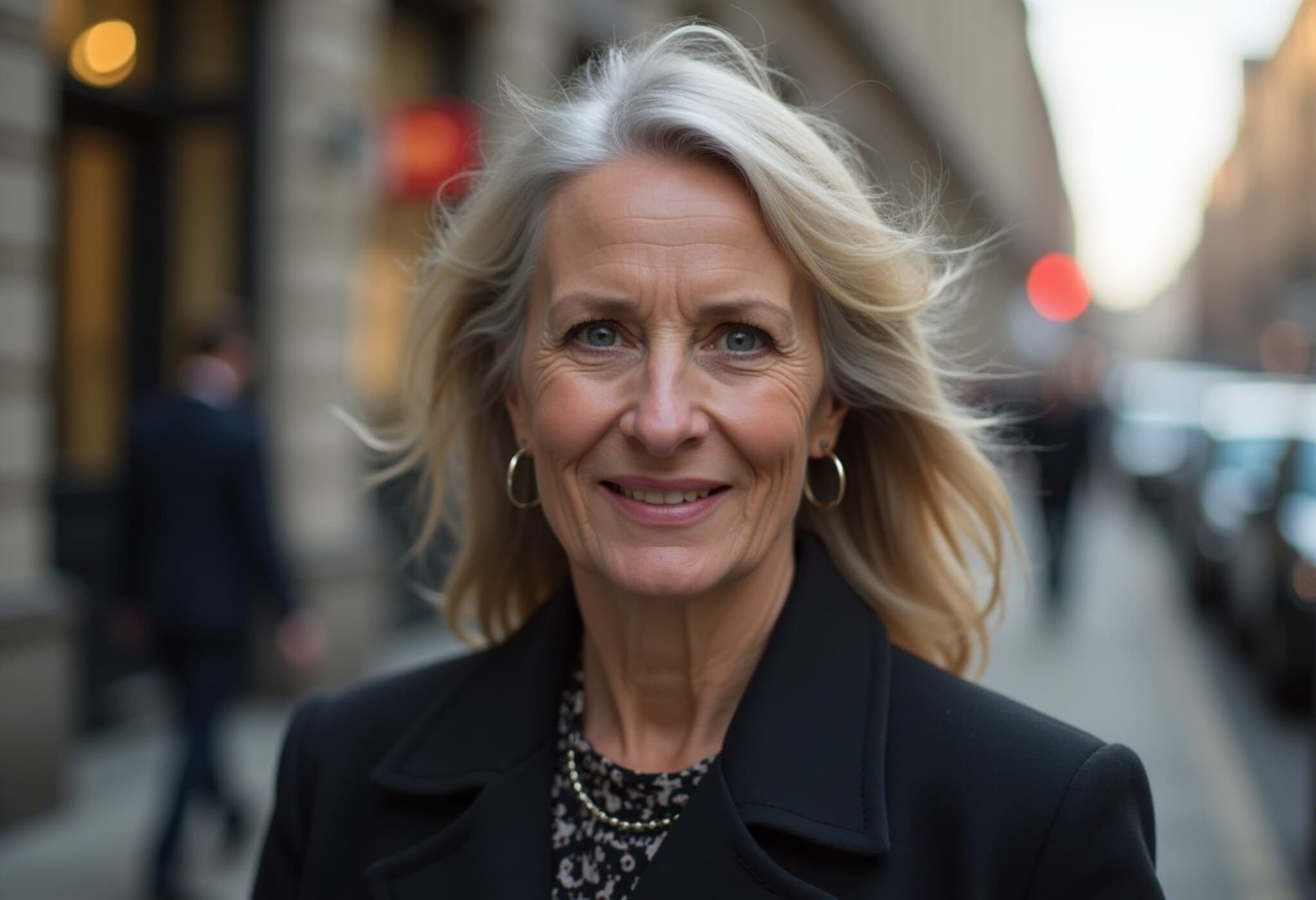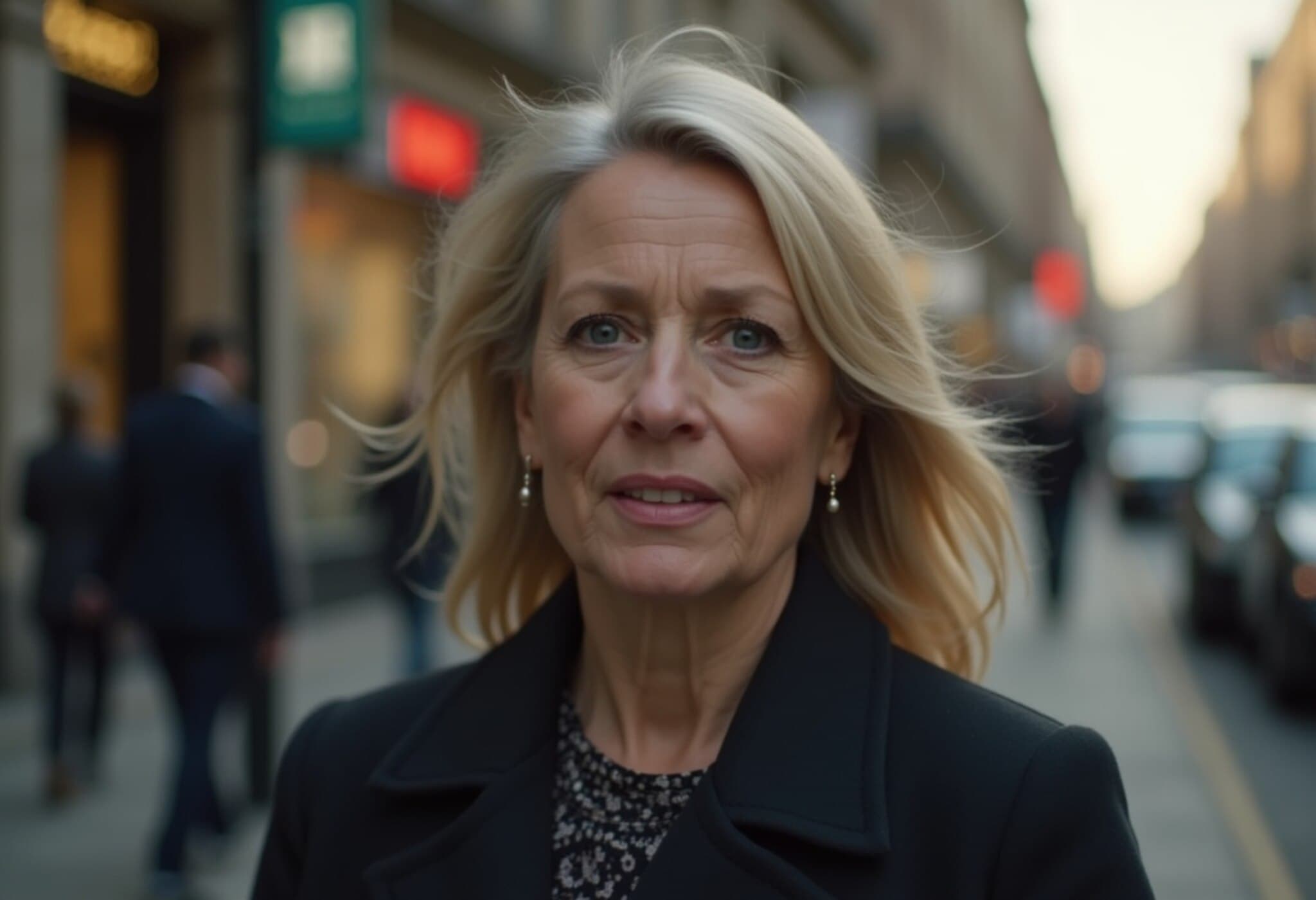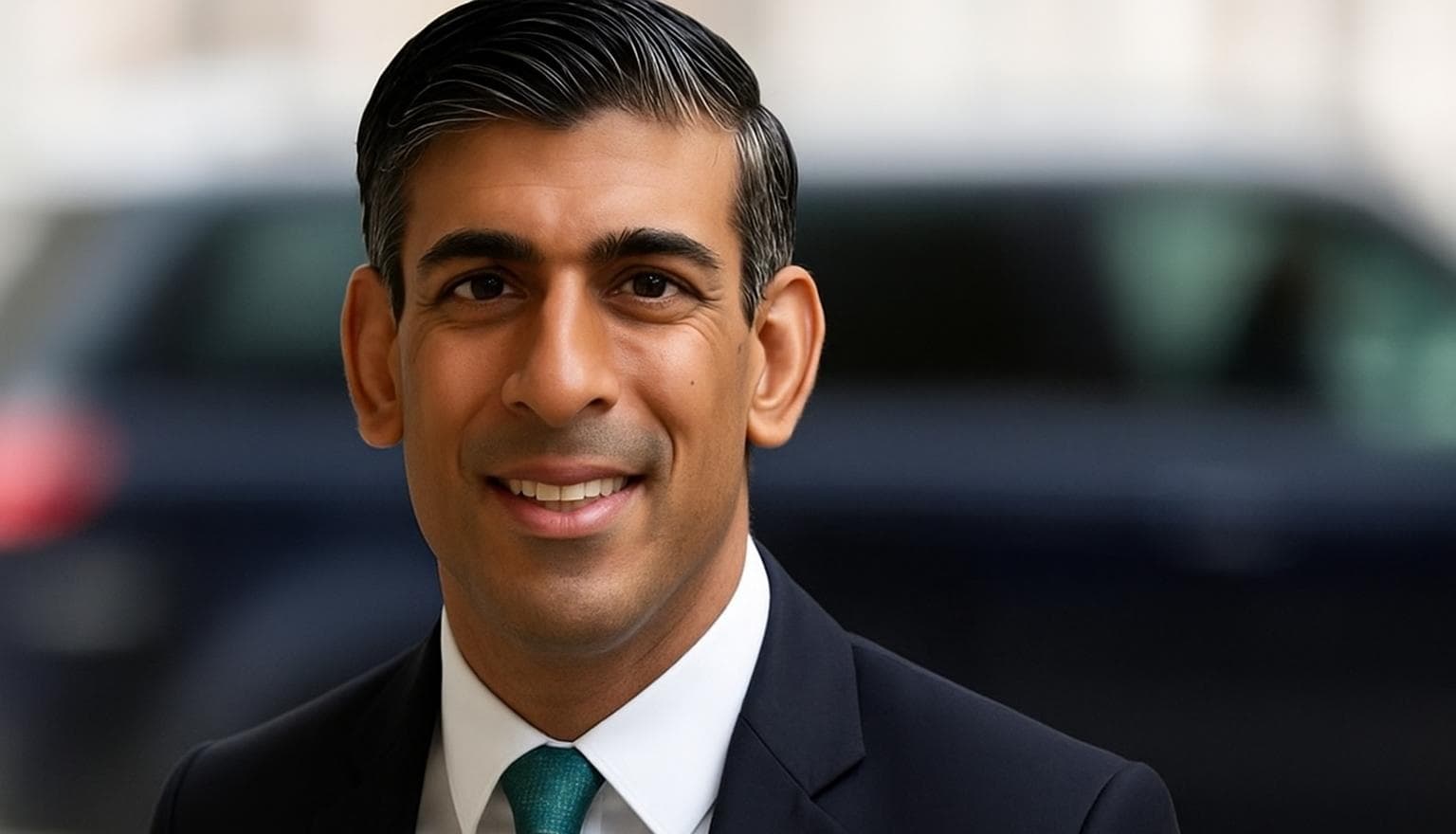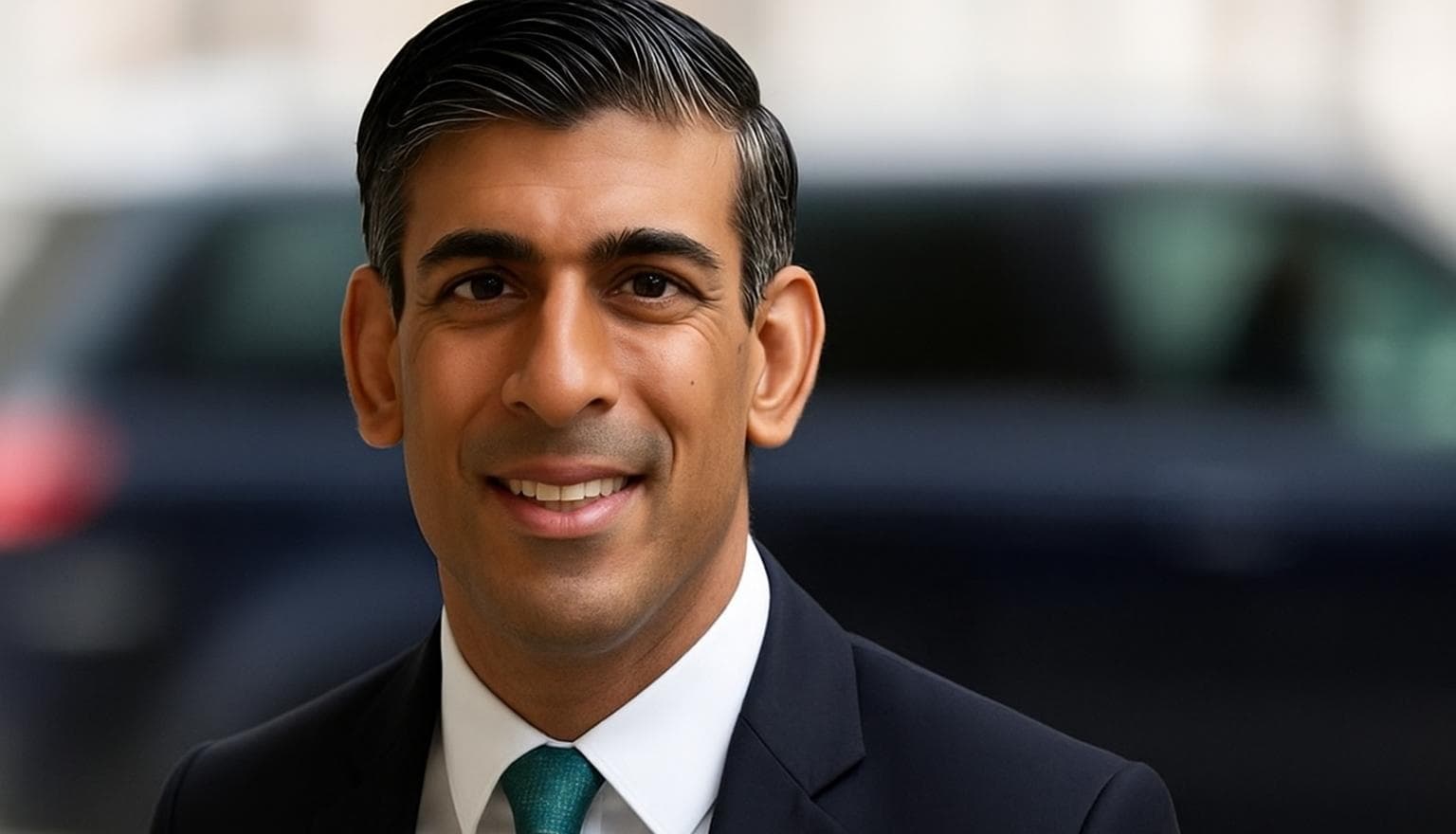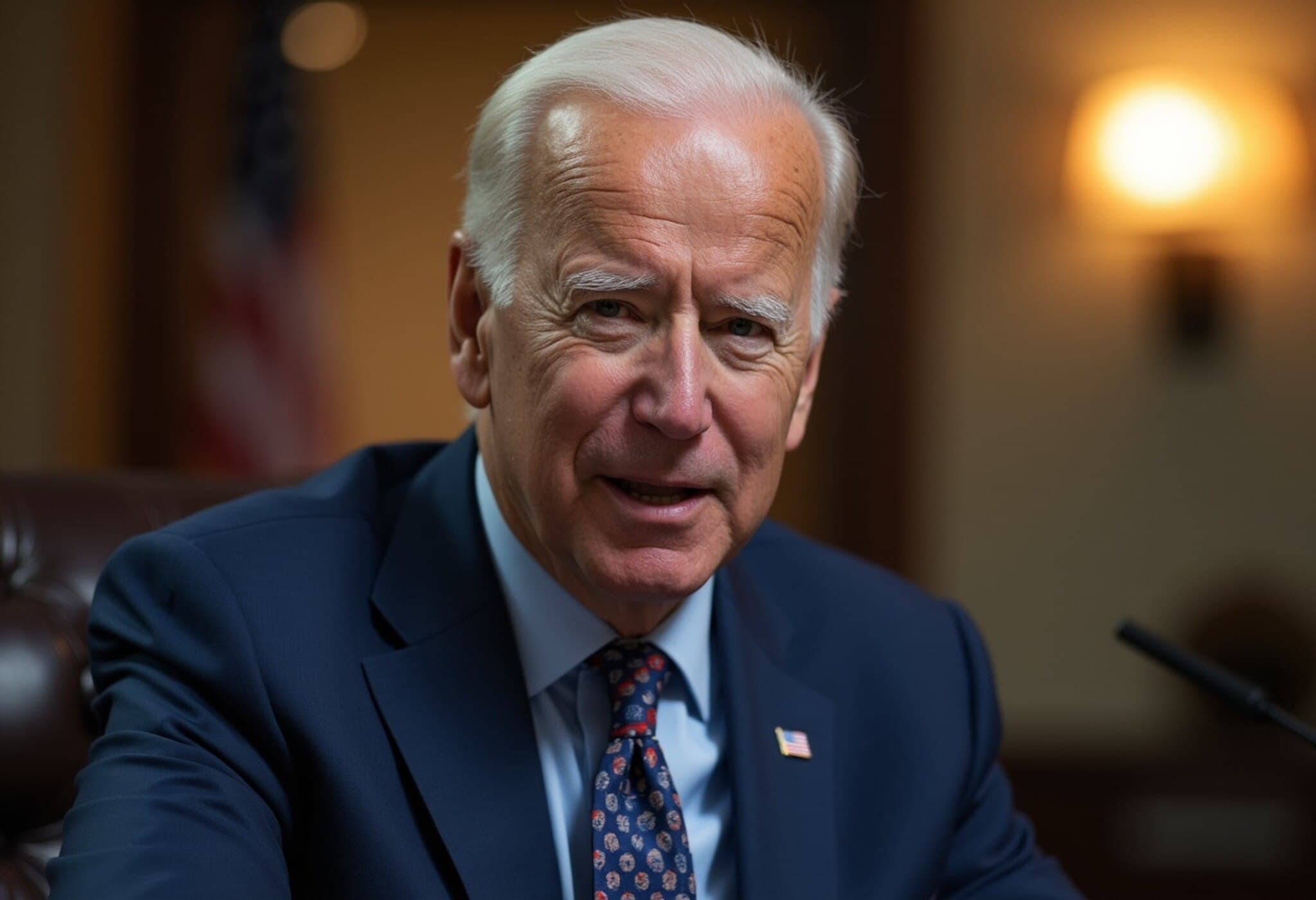Kate Kniveton Shares Harrowing Story of Abuse Amid Family Court Criticism
Kate Kniveton, a former Conservative Member of Parliament in the United Kingdom, has courageously opened up about enduring a decade of abuse from her ex-husband, fellow Tory politician Andrew Griffiths. Through a revealing ITV documentary titled Breaking The Silence: Kate’s Story and multiple interviews, Kniveton detailed the physical and emotional torment she faced—including allegations of rape and verbal abuse directed at their infant child.
Unmasking Abuse Behind Closed Doors
In a raw conversation with the Mirror, Kniveton described chilling moments when she would awaken to find Griffiths sexually abusing her while she slept. “Sometimes I’d just think ‘let it carry on,’” she shared, reflecting the complex emotional paralysis many abuse survivors feel. Her experience shattered the myth that domestic abuse only impacts certain demographics, underscoring that it transcends social and economic boundaries.
From Scandal to Political Defiance
Andrew Griffiths’ fall from grace began in 2018 after revelations of him sending explicit messages to two women, leading to his resignation. In a powerful twist, Kniveton left their shared home and soon after contested and won the parliamentary seat previously held by Griffiths in 2019.
Legal Battles Highlight Systemic Issues
Despite the end of their marriage, the abuse persisted through the drawn-out family court proceedings. In 2021, a family court judge acknowledged that Griffiths had subjected Kniveton to rape, physical violence, and sustained controlling behavior throughout their relationship. Although he accepted most findings, Griffiths continues to deny the rape allegation. Kniveton emphasized the retraumatization from these legal struggles, pointing to how abusers can weaponize the justice system to prolong suffering.
Disturbing Impact on Their Child
A particularly distressing episode involved their newborn child, where Griffiths’ aggression became frighteningly evident. Kniveton recounted hearing him telling their baby to “shut the f*** up,” a moment that made clear the abuse's ripple effects extended beyond herself, raising urgent questions about child protection.
Critique of the UK Family Court System
Kniveton’s story sheds light on the broader, systemic failures within the UK family courts. Advocacy organizations like Women’s Aid have previously reported that at least 67 children have died over the last three decades during court-mandated contact with abusive parents. Survivors and experts alike criticize the courts for minimizing abuse claims and not adequately safeguarding children and protective parents.
Official Responses and Continuing Debate
The UK Ministry of Justice acknowledged ongoing challenges and highlighted pilot programs aimed at improving outcomes in private family law disputes. Meanwhile, Griffiths maintains his innocence and vows to continue fighting for parental rights, illustrating the complex and often adversarial nature of such cases.
Expert Commentary and Broader Implications
- Legal experts emphasize the need for reform to prevent abusers from exploiting family courts as tools of control post-separation.
- Psychologists point to the significant trauma caused not only by abuse itself but also by contentious custody battles.
- Policy analysts call for enhanced training of judiciary personnel on domestic abuse dynamics and increased resources for survivor support.
Kniveton’s story is a stark reminder that domestic abuse does not discriminate and that even high-profile individuals face immense barriers when seeking safety and justice. It compels a critical reassessment of how family courts balance parental rights with protection from harm.
Editor’s Note
This heartbreaking testimony challenges us to reflect on the hidden struggles faced by countless survivors nationwide. It highlights the urgent need for systemic reforms to safeguard victims and their children within family law proceedings. As conversations around domestic abuse evolve, Kniveton’s bravery gives a voice to those silenced by fear and legal complexities. Readers are invited to consider: How can legal systems be transformed to truly protect vulnerable families while ensuring fairness? What role does public awareness play in driving these changes?

